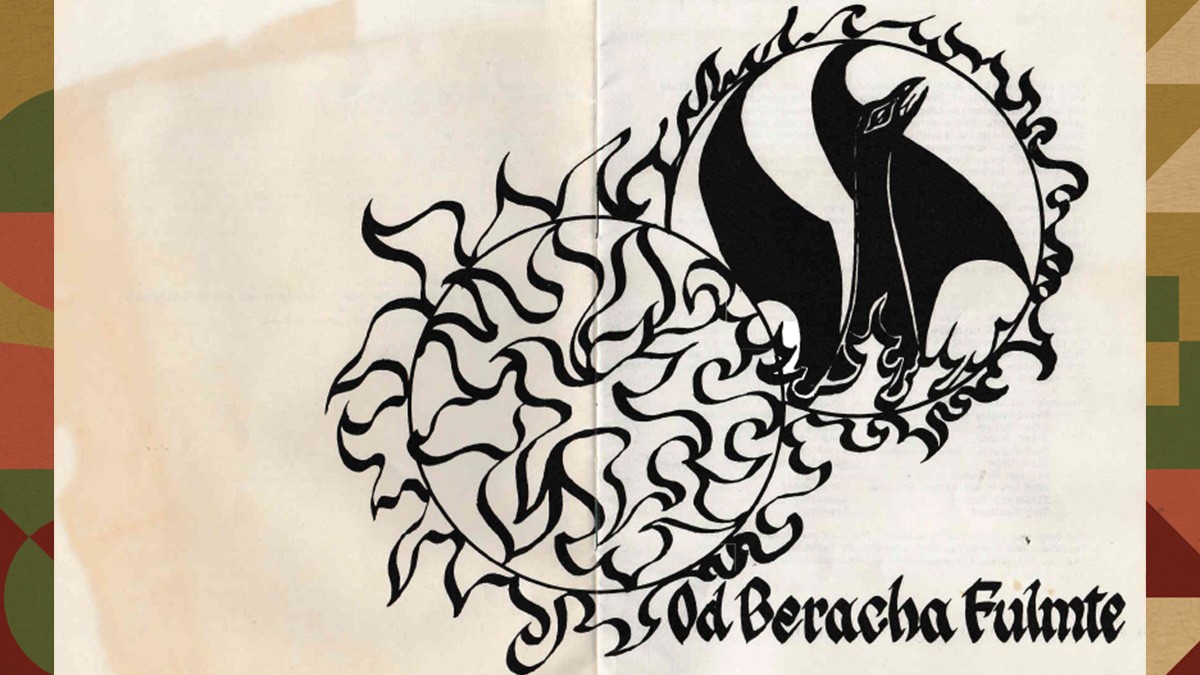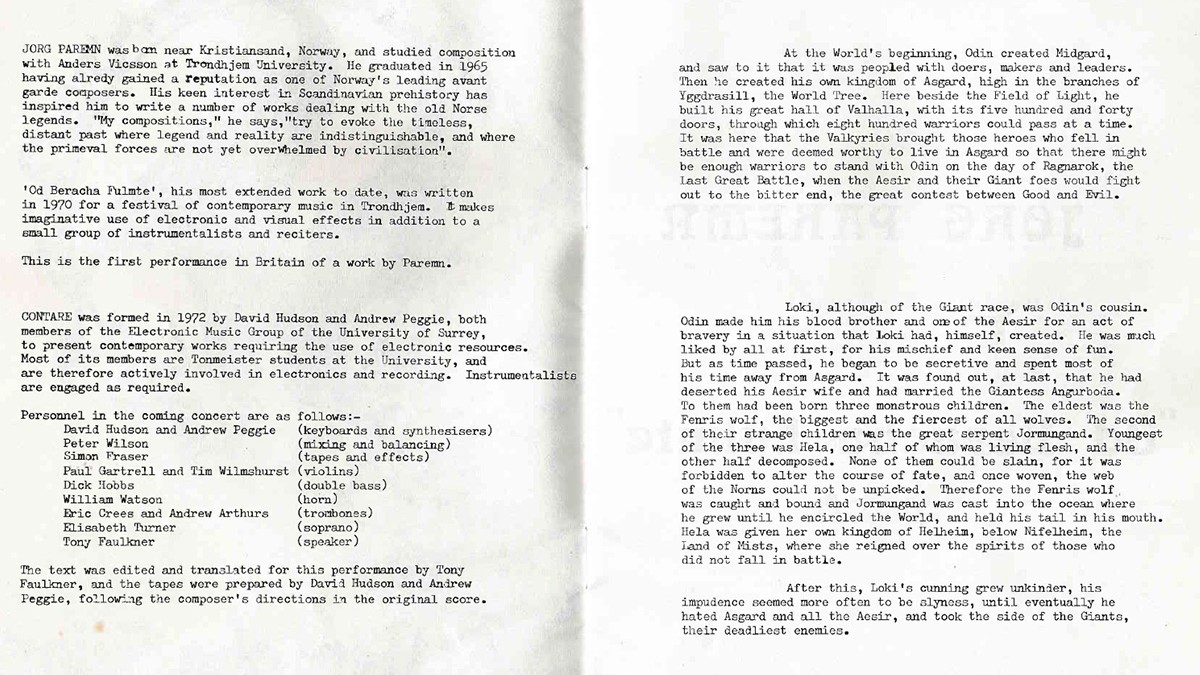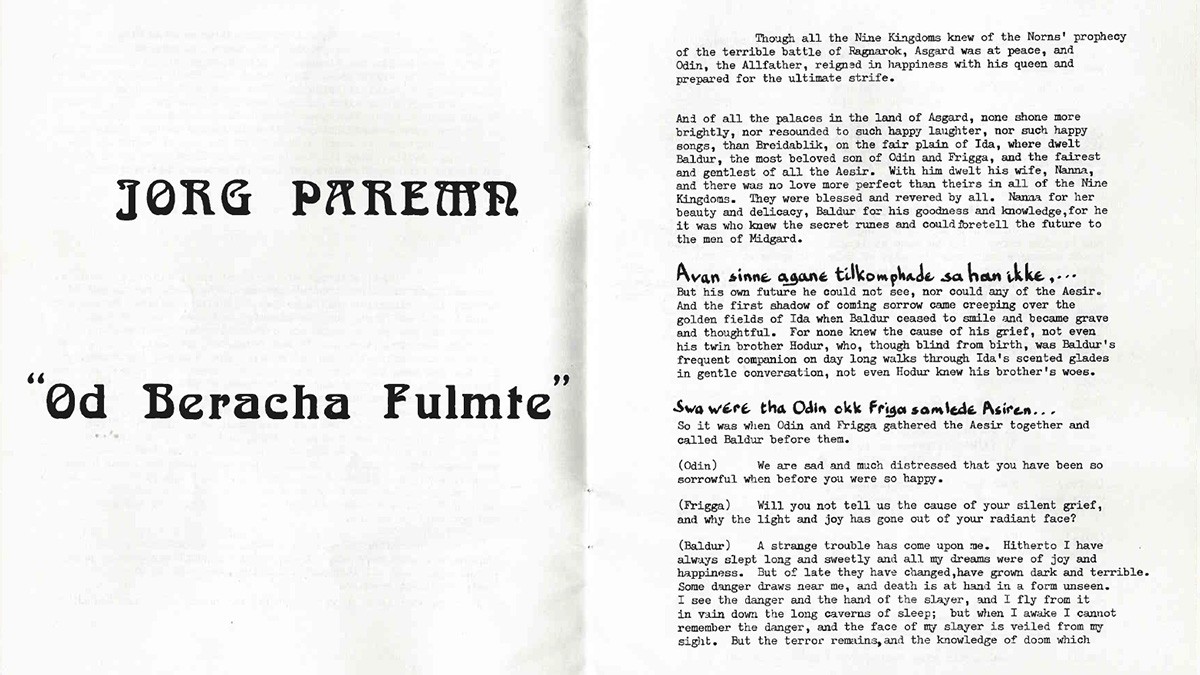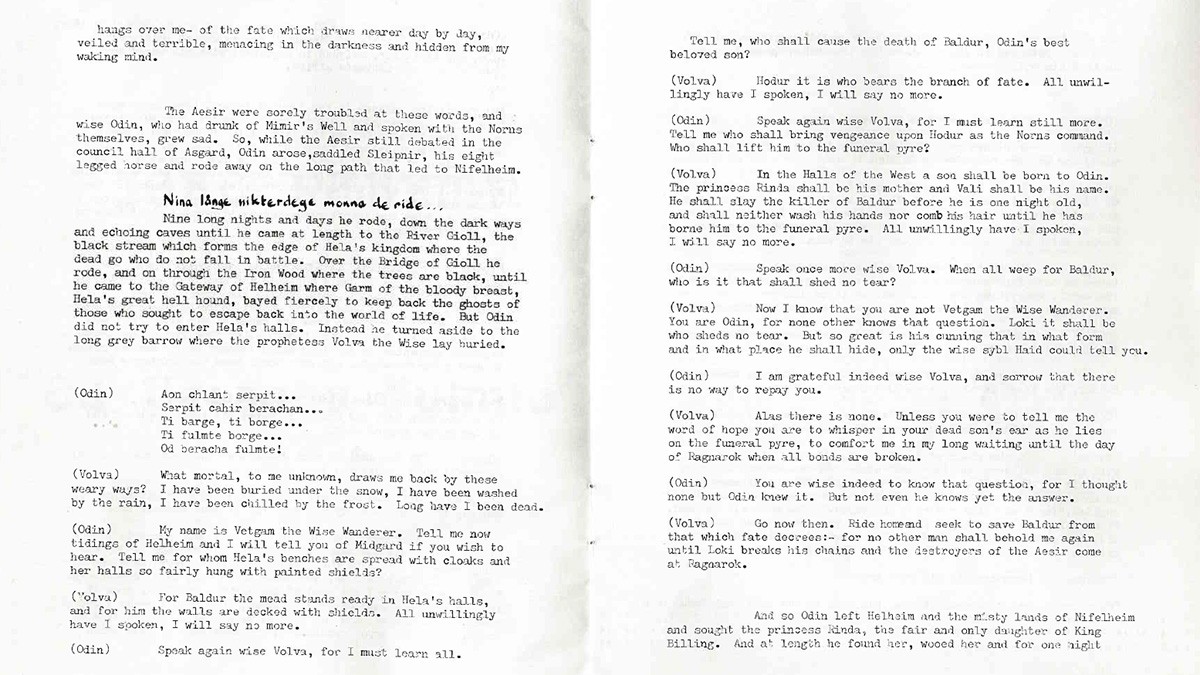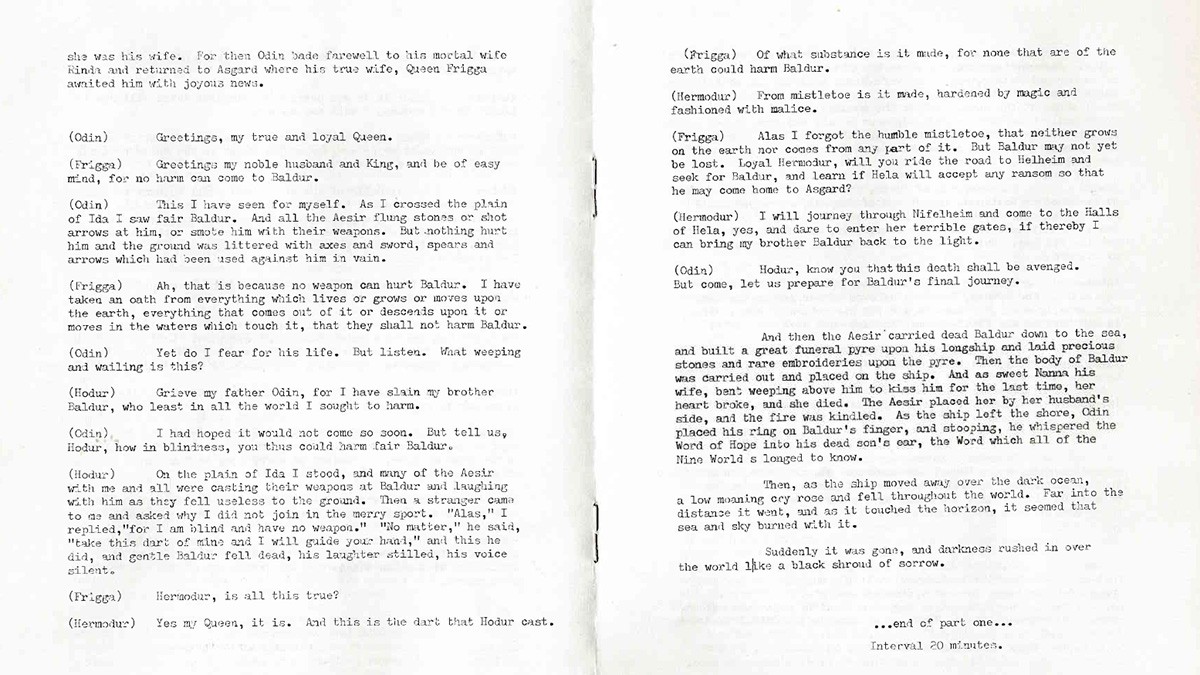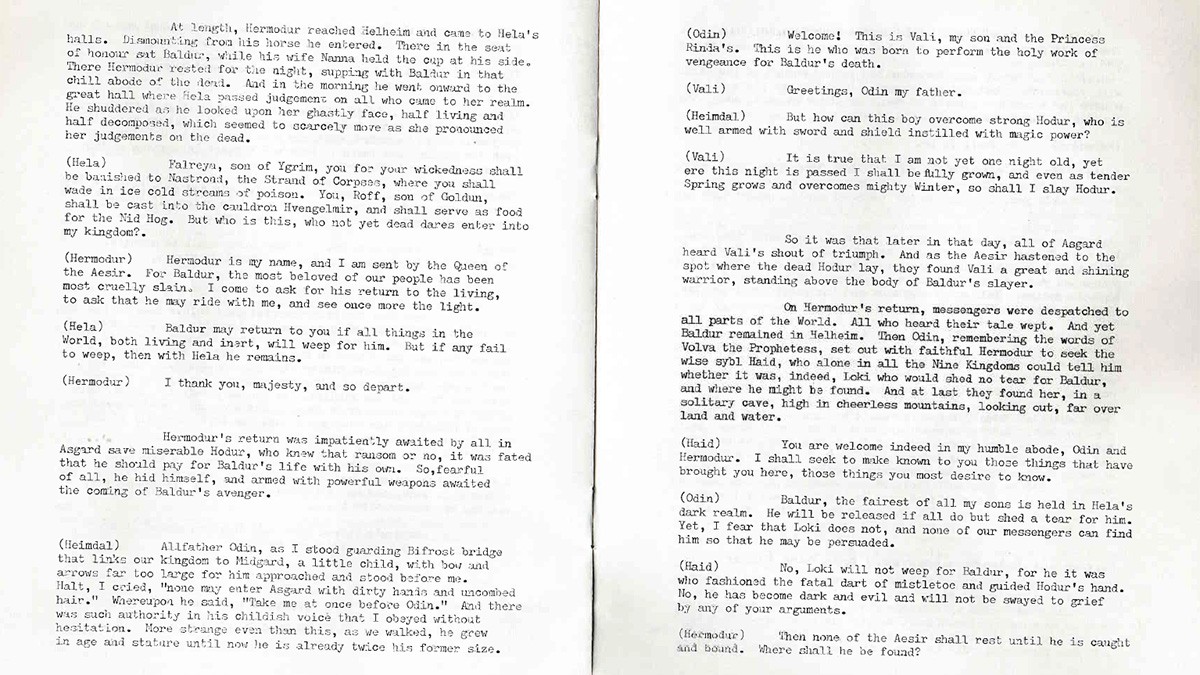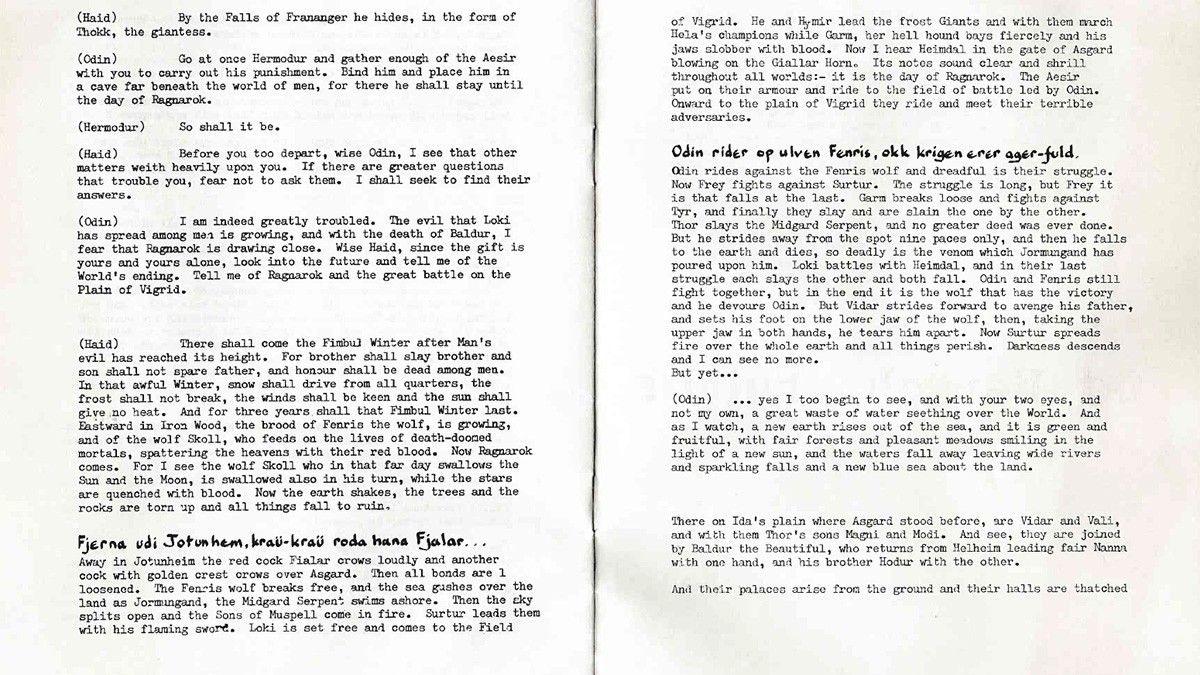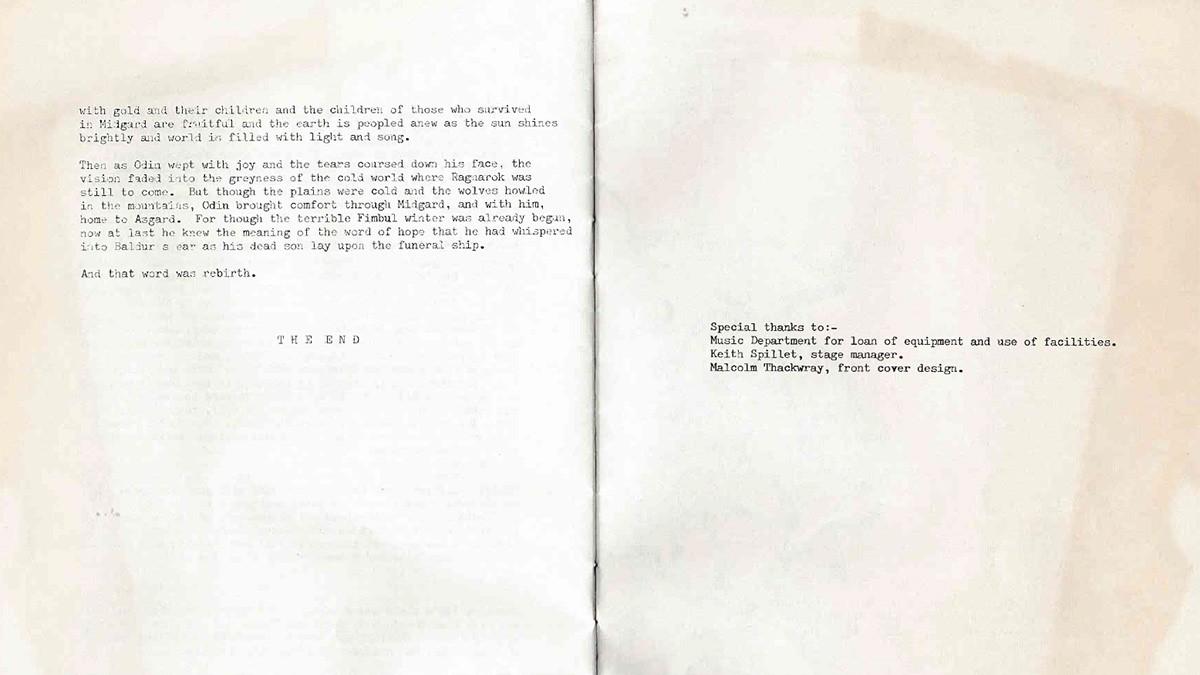“I was dressed as a Valkyrie… but the whole piece was a huge ruse!”
Elizabeth Warriner (née Turner) swapped Ashtead for Guildford to study on our BMus Tonmeister course from 1970-1974. While at Surrey, she toured Amsterdam with a Morris side and she played a Valkyrie in a spectacular epic of musical subterfuge…
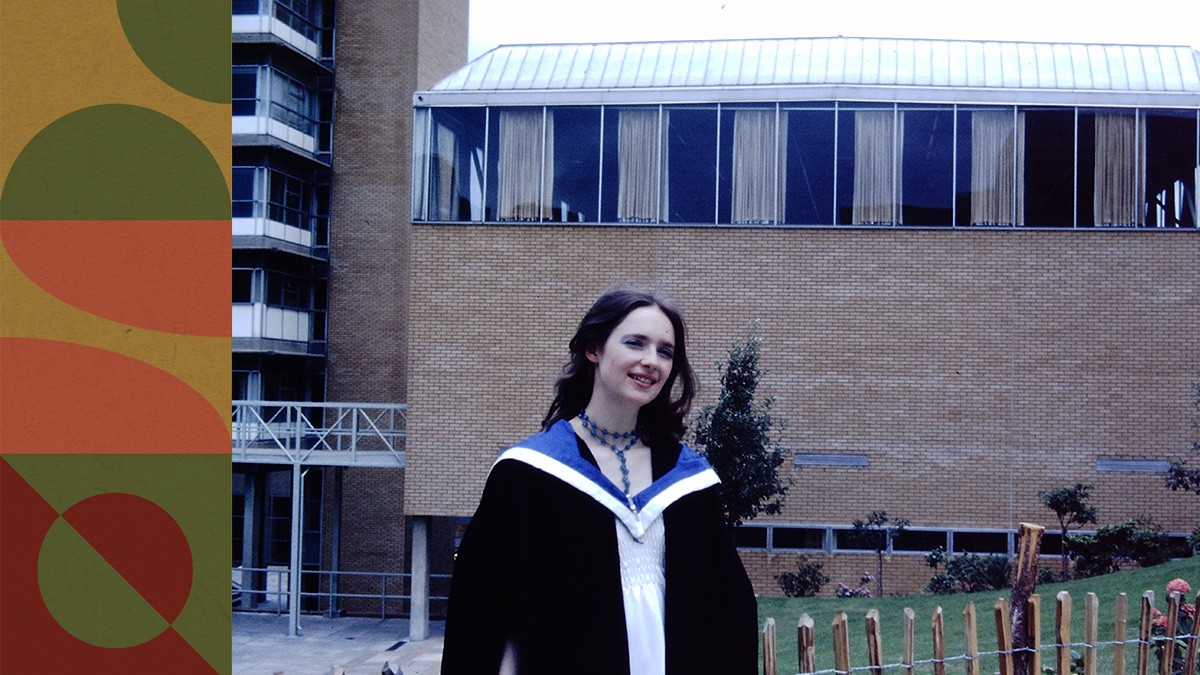
Elizabeth on her graduation day in 1974
Why did you come to Surrey?
It was purely because of the course. My A levels were in physics, maths and chemistry. But I was also a musician, so I was fascinated by the idea of combining the two disciplines.
The Tonmeister degree is basically about recording techniques. There's a lot of acoustical physics involved, so you need the A levels in maths and physics to do it. But it also gave me a chance to perform, which is something I still enjoy.
Ideally, I wanted to move a bit further away because the University was only a short bus ride from my family home. But I didn't return once I arrived.
What was it like to study at a new university?
I arrived in 1970. This was the first year that all Surrey students were based on the Guildford campus, and not split between that and Battersea College of Technology. A lot of the key infrastructure was already completed. Battersea Court, Third Court, Senate House, the Library and the main lecture theatres were finished. Fourth Court was under construction, but I don’t recall it being a totally muddy mess at that point.
Can you tell us more about your course?
I was part of the first intake of students. There were 13 of us at that stage, with seven of us taking the Tonmeister degree and six on the pure music course. The only part of my studies not based in Guildford was my singing lessons. I'd go into London for these.
Alongside the 13 students, there were about seven staff. There was a real family atmosphere in the Department of Music and, despite the formal nature of many of the scientific elements of the course, there was an attitude of “anything goes”. You were encouraged to be as creative as possible.
We had a close relationships with the staff because there were so few of us. Martin Hughes, the piano teacher, was a lovely man. I played duets with him during my lessons. Harold Miller, who taught us maths, played the viola. He often joined in with some of the music making. It was a very creative and communal space.
You became a Morris dancer, too…
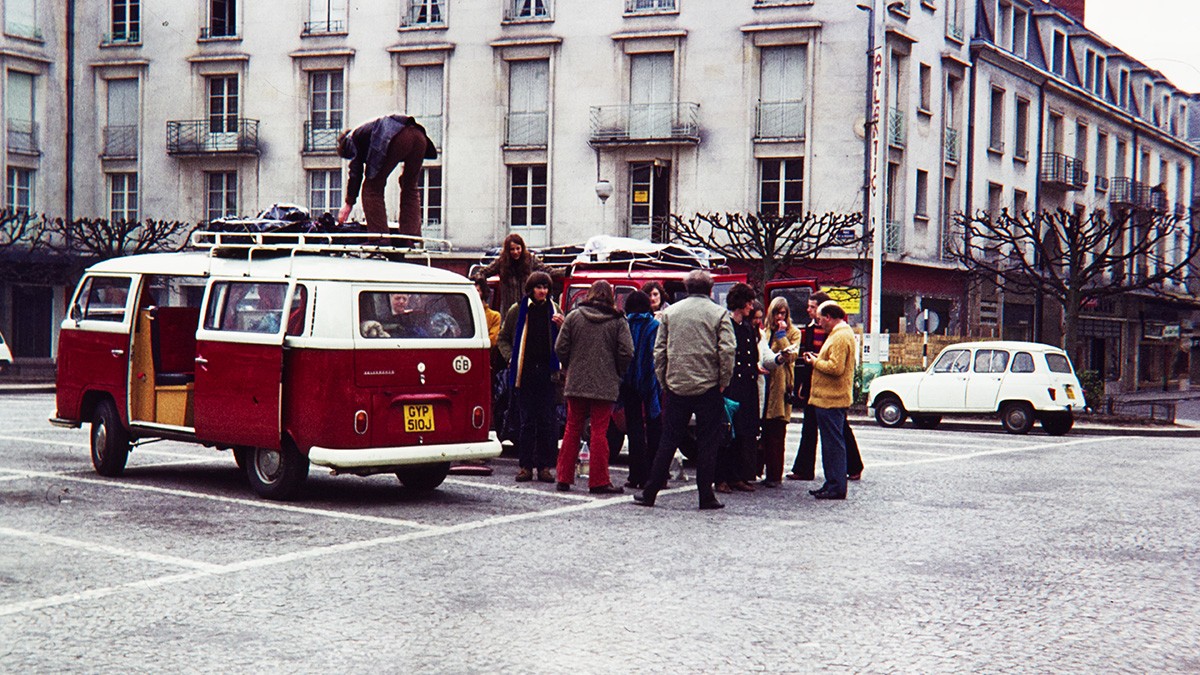
The University of Surrey Morris Team on their trip to Provence
We had a folk musician called David Kettlewell, who was on the field music course. He was a mature student and he’d worked at Cecil Sharp House, which champions UK folk arts. He started the Morris dancing team. We were all encouraged to take up clog dancing, and sing and play Morris tunes.
A friend of my mother's was involved in folk dancing in Amsterdam, so we arranged a Morris tour to Holland. We took the minibus and traversed the North Sea to Zeebrugge on the Ramsgate Ferry. We danced our way onboard. The rest of the passengers seemed to like it. We went via Brussels where we attended a ceilidh and the local folk club put us up in their houses overnight.
We also had a magical tour to Provence in France. My future husband, David Warriner, was old enough to drive the minibus. So he came along, too.
What were the best bits of the course?
The music making was great fun. I enjoyed the recording techniques, too, although much of the technology we learnt has now changed.
Did you enjoy your time as a student?
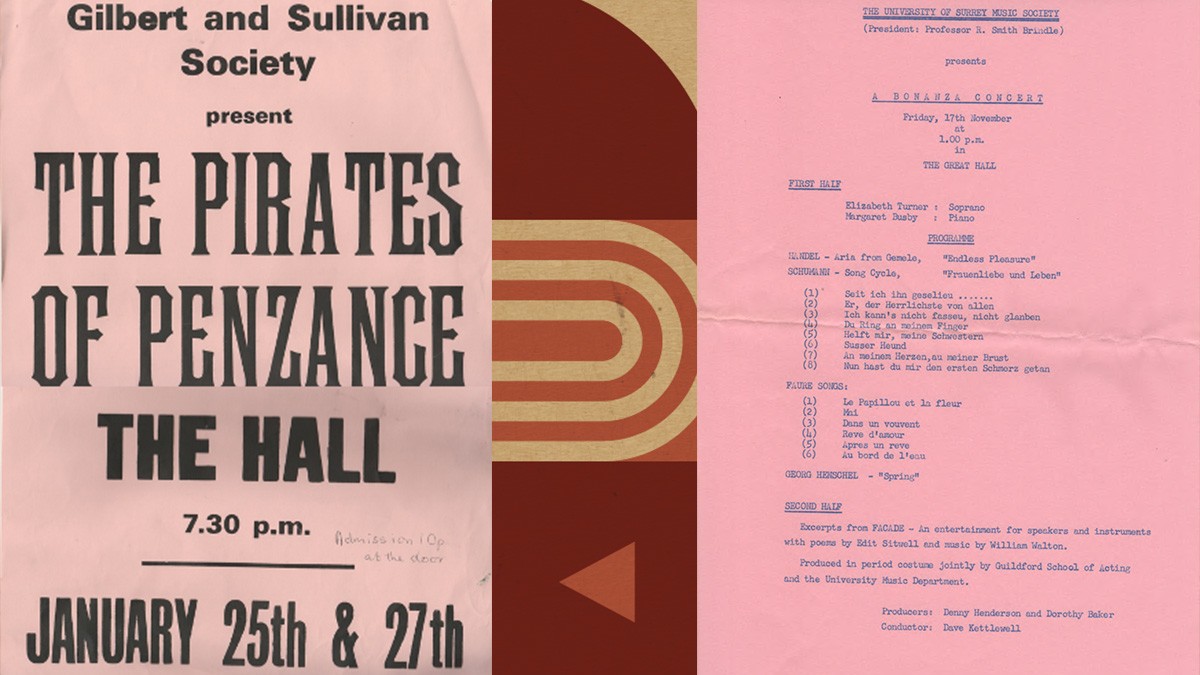
A poster advertising The Pirates of Penzance, plus a concert by the Music Society with soprano Elizabeth
Very much. I founded the Gilbert and Sullivan Society with a friend called Keith Spillet, and we staged The Pirates of Penzance and The Mikado.
Our production of Pirates caused a bit of an incident because we had to “borrow” glasses for the Students’ Union bar for the production. The manager complained when he realised they didn’t have enough glasses left to serve beer in!
We borrowed the stripey shirts from the rugby team for the costumes, too. They knew about this, though.
The over-riding memory was meeting an eclectic group of people who were interested in all sorts of music. I'd been brought up in a very classical tradition. There’s a piece of music in front of you and you didn't deviate from it. On the course, we were encouraged to improvise and to play one piece in the style of something else. It was a wonderful learning environment.
Can you give us an example of that?
David Hudson, Andrew Peggie and Tony Faulkner decided they wanted to experiment with the electronic music systems, so they devised a Nordic language. They invented a composer called Jorg Paremn and they created this piece of music with all the resources they had available called Od Baracha Fulmte. They invited the music critic from The Guardian to a performance that they claimed was the UK premiere of this new piece. It was very Wagnerian.
I was dressed as a Valkyrie who was both singer and narrator. It was a huge ruse, but it was incredibly creative and an amazing piece of work. The performance was great and there were lots of people in the audience.
Did you see any music gigs?
I attended the Folk Club a lot. I sang there, too. It was based in one of the lecture theatres. Jasper Carrott performed there during his singing days.
The pop concert I really remember was The Who playing at the University. It was ridiculously loud. You could hear it from a mile away.
What was Guildford like at the time?
I remember being taken to tea in the Roof Garden at Harvey's department store, later House of Fraser. The roof garden was a water garden. Recently, I did an oral history project as part of the restoration of Hemel Hempstead's famous water garden designed by Geoffrey Jellicoe and I was surprised to discover that he also designed the roof garden I enjoyed as a student
I also recall going on boats down the River Wey and visiting the Dragon Inn at Shalford to drink fruit wines.
What are your key memories of Guildford?
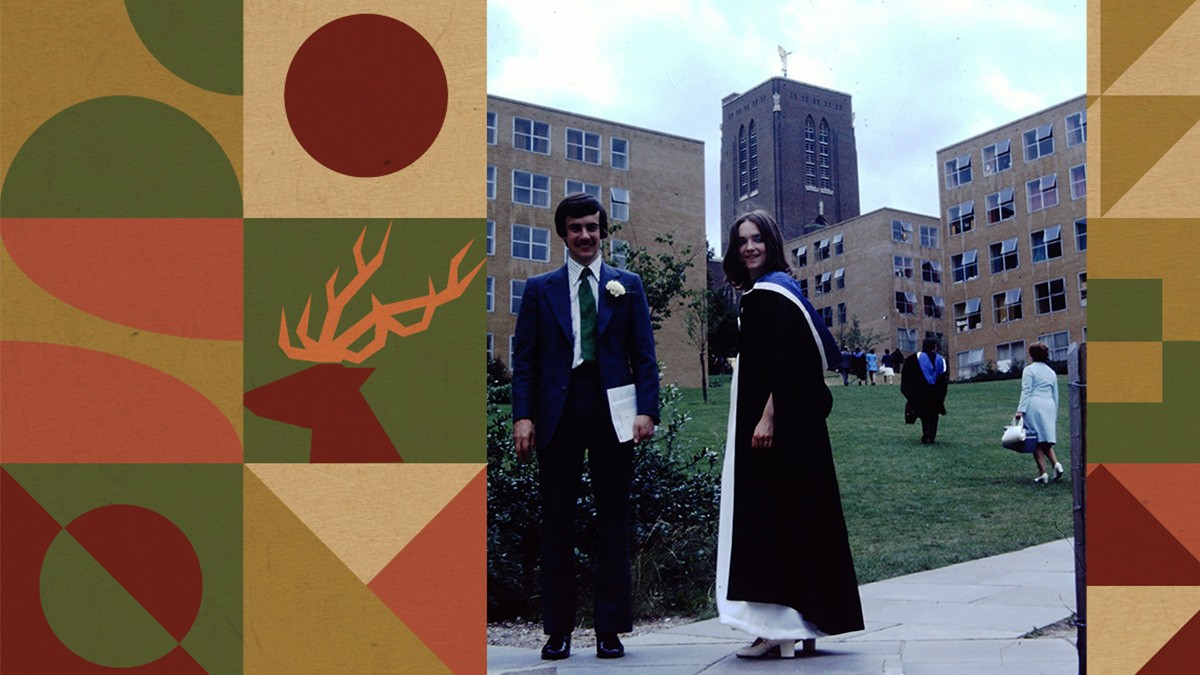
David and Elizabeth on their wedding day, which was also Elizabeth's graduation day
I married my husband, David, who studied mechanical engineering at Surrey from 1970-1973, on my graduation day in 1974. I have pictures of me in my graduation gown with David in his wedding suit on campus, with Battersea Court behind us.
The many performances we gave were a highlight, too. Dr Hans Heimler was a lecturer and an expert on Viennese music, especially Schubert, and he gave an annual lecture on the General Studies course that all students had to take. I sang Gretchen am Spinnrade by Schubert for him because he used it as a demonstration of the power of music. We also gave open-air concerts in the amphitheatre behind Senate House. I’m pretty sure some of these were part of the Free Arts Festival.
I also remember the 1970 Pram Race, which started in London and finished on the Guildford campus. Teams travelled on the pavement and the cycle path all the way down the A3. Our entry was Stephenson’s Rocket complete with cardboard funnel and pistons made of brooms. The rules stated that each pram had to have somebody in it, too.
Where did you meet your husband?
David lived on the same floor as my first boyfriend. So I knew him the very beginning. He was on an apprenticeship course with Vauxhall Motors at the time, so he’d done a year in industry before he came to university. He did the mechanical engineering degree and got a First, then he went to work for Rolls-Royce on aero engines for helicopters.
Can you tell me about your year in industry?
They placed me with a company called Stage Sound in Covent Garden. Their offices were being dismantled at the time because the market was being redeveloped. I was meant to be getting studio experience. Because they were affected by the closure and had to move into an old banana warehouse, I ended up processing tapes for school broadcasts. I only went into the studio once. It wasn’t a great experience.
What did you do when you graduated?
I became a computer programmer, which was easy if you passed the intelligence test. I then landed a job in a secondary school teaching music, maths and science.
After my children went to school, I was working part-time and I took a postgraduate qualification with the Open University, focused on encouraging women into technology. I returned to industry developing semiconductor characterisation equipment. I've basically been in computing and teaching all the way through.
I ended up as head of computing in a college after completing my Masters in Computing for Commerce and Industry. After other spells in industry, I taught on the masters course at the University of Bedfordshire. For a decade before I retired, I was an inspector of further education and training, and local authority children's services.
All the time, I was singing semi-professionally, too. I retired about 10 years ago.
How are you finding retirement?
I’m busier than when I was working! I volunteer for an organisation called the Box Moor Trust, which is a conservation and wildlife charity. I spend a lot of time doing things like laying hedges or wading chest-deep in the local canal. We've worked hard to develop and monitor the local chalk streams as a good habitat and we've reintroduced water voles in our area.
I'm Chair of the Evening Arts Society in Harpenden, too, which is part of national network promoting cultural knowledge and artistic appreciation.
What advice would you give the undergraduate version of yourself?
Enjoy it while you can.
